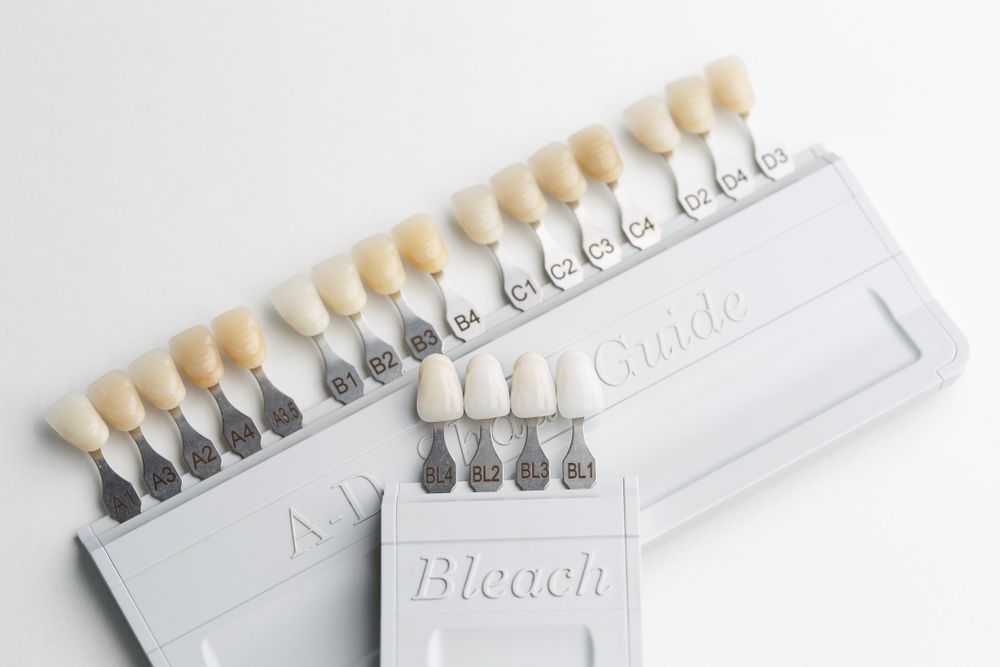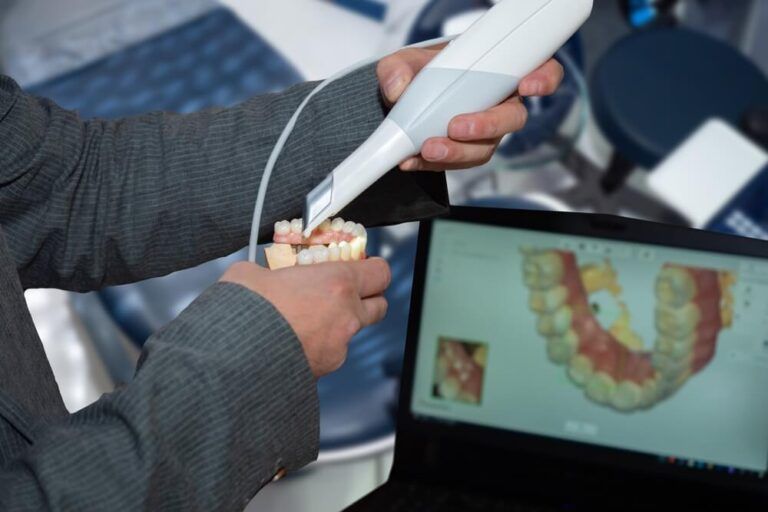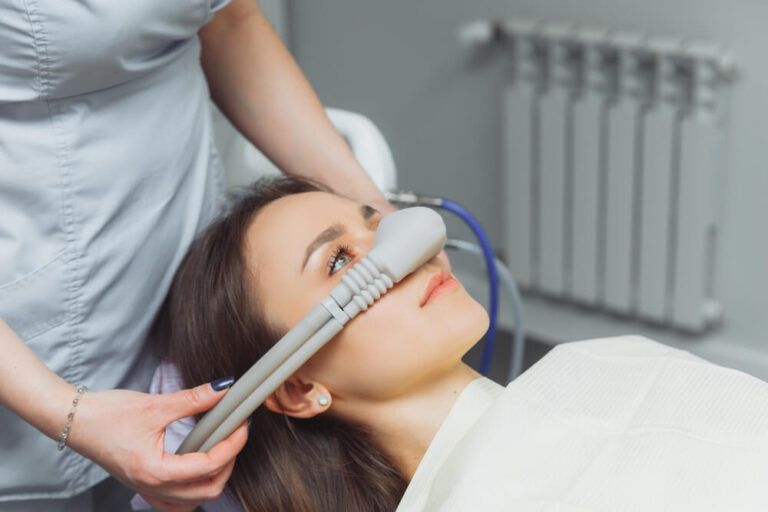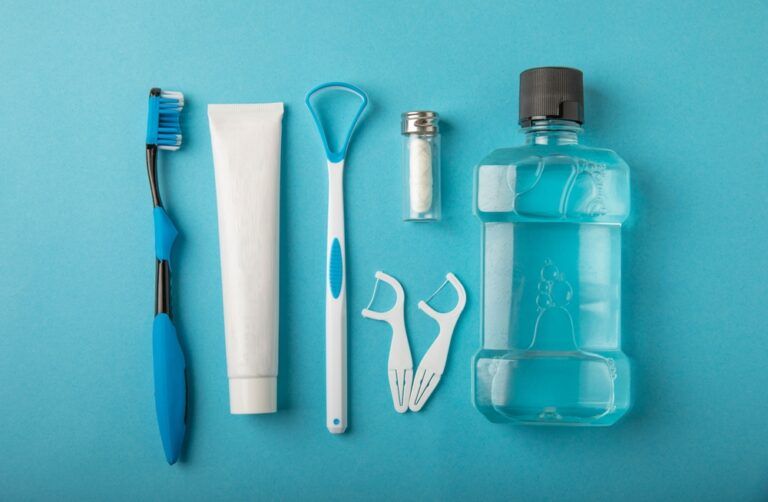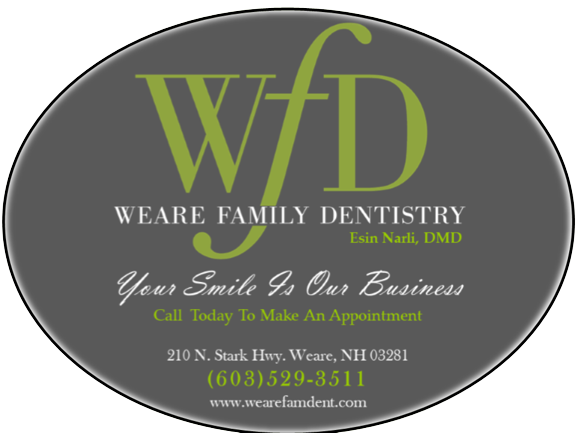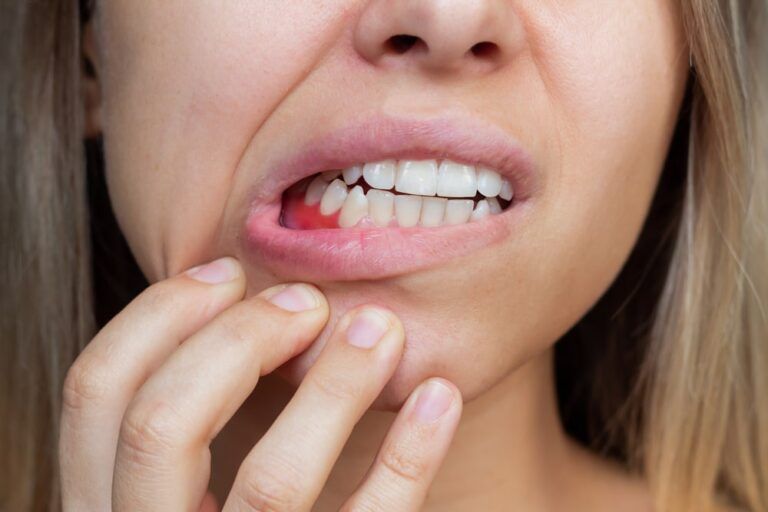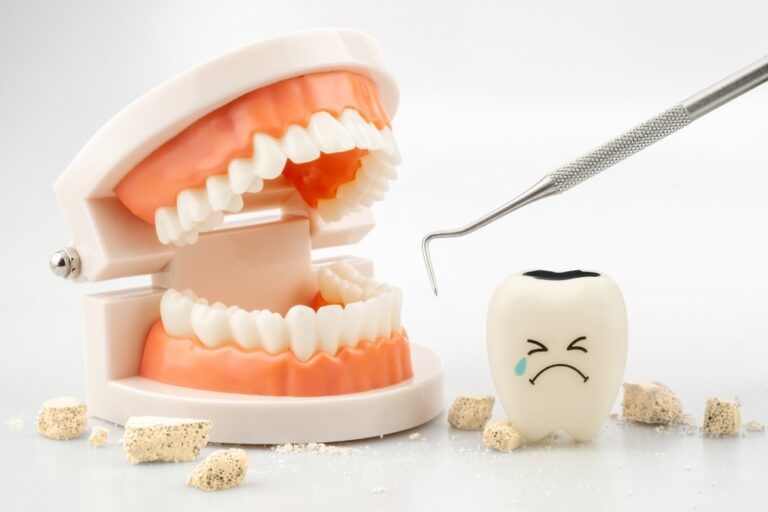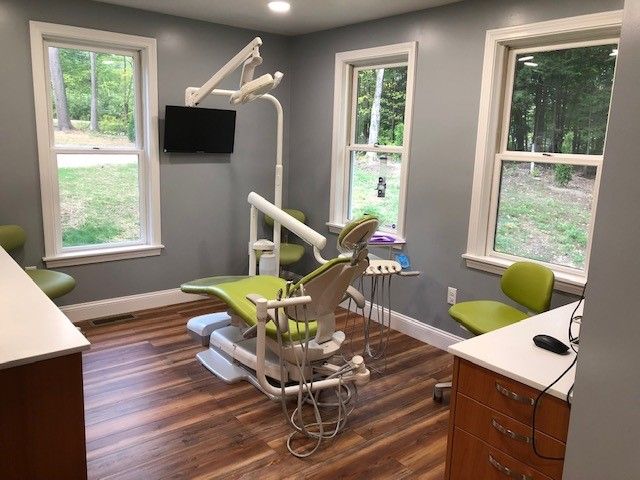At Weare Family Dentistry in Weare, NH, patients often express curiosity about dental veneers when seeking solutions to improve the appearance of their teeth. Veneers have gained popularity for their ability to transform a smile by addressing cosmetic issues such as chips, discoloration, gaps, or irregular shapes. However, not all veneers are the same. Understanding the types of dental veneers available can help individuals make informed decisions based on their unique needs and goals.
Dental veneers are thin shells designed to cover the front surface of teeth, enhancing appearance while offering a conservative approach to cosmetic dentistry. The materials, techniques, durability, and aesthetic results can differ depending on the type of veneer chosen. This blog provides a detailed look at the primary types of dental veneers, their advantages, potential limitations, and how they compare.
Porcelain Veneers: The Gold Standard in Aesthetics
Porcelain veneers are often considered the most durable and natural-looking option. These veneers are custom-made in a dental laboratory to precisely match the color, shape, and size of the patient’s teeth. Porcelain has a translucent quality that closely mimics natural enamel, making it ideal for patients seeking a highly aesthetic result.
One of the biggest advantages of porcelain veneers is their resistance to staining. Unlike natural enamel or composite resin, porcelain is not porous, which means it won’t absorb pigments from coffee, tea, wine, or smoking. Additionally, with proper care, porcelain veneers can last 10 to 15 years or longer. However, they do require some enamel removal to ensure a proper fit, and once placed, the process is irreversible. The cost of porcelain veneers is generally higher than other options, but many patients find the investment worthwhile due to their longevity and appearance.
Composite Veneers: A More Affordable and Conservative Choice
Composite veneers are made from tooth-colored resin, the same material used in dental bonding procedures. These veneers can be created directly in the mouth during a single dental visit, or they may be fabricated outside the mouth and then applied. The key benefits of composite veneers are their affordability, minimal tooth preparation, and quick application.
While composite veneers offer aesthetic improvement, they are generally less durable and more prone to staining than porcelain. Their lifespan typically ranges from 4 to 8 years, depending on oral habits and care. Repairs are easier and more cost-effective than with porcelain, which can be advantageous for patients seeking a budget-friendly or reversible option. However, the trade-off often involves a less natural appearance and a greater potential for chipping or discoloration over time.
No-Prep Veneers: Minimal Alteration for Maximum Convenience
No-prep veneers, as the name suggests, require little to no removal of the natural enamel. These veneers are typically made of ultra-thin porcelain and are bonded directly onto the teeth without significant reshaping. They are often marketed under brand names such as Lumineers and are suitable for patients who want a more conservative approach or are hesitant about committing to permanent changes.
The appeal of no-prep veneers lies in their non-invasive application and the potential for reversibility, although this depends on individual cases. Because the underlying tooth structure remains largely intact, the process may involve less discomfort and fewer appointments. However, these veneers may not be appropriate for everyone. Their ultra-thin design can sometimes make them appear bulky or less natural, especially if the original tooth is dark or misshapen. Additionally, their longevity may be slightly shorter than traditional porcelain options.
Removable Veneers: Cosmetic Enhancement Without Commitment
Removable veneers, also referred to as snap-on veneers or clip-on veneers, are a non-permanent cosmetic solution. These veneers are custom-made to fit over the existing teeth, functioning more like a cosmetic appliance than a restorative treatment. They do not involve any tooth alteration, drilling, or bonding.
While removable veneers can offer an instant aesthetic upgrade, especially for events or photography, they are not intended for long-term daily wear. They may interfere with speech or eating and are generally not as durable or natural-looking as fixed veneers. For patients with dental anxiety, budget constraints, or very short-term cosmetic needs, removable veneers may serve as a transitional solution. However, they do not address structural issues or contribute to oral health improvements.
Comparing Veneer Types Side by Side
When considering which type of veneer may be right for you, it’s helpful to compare them based on several criteria. Here’s a quick breakdown:
- Porcelain Veneers: Durable, stain-resistant, highly aesthetic, requires enamel removal, lasts 10–15+ years.
- Composite Veneers: Affordable, placed in one visit, less durable, more prone to staining, lasts 4–8 years.
- No-Prep Veneers: Minimal to no enamel removal, reversible in some cases, slightly less natural appearance, may feel bulky.
- Removable Veneers: Non-permanent, no dental alterations, good for temporary cosmetic needs, less realistic and functional.
Choosing a veneer type depends not only on budget but also on lifestyle, oral health, and long-term goals. Some individuals prioritize aesthetics above all, while others value flexibility, reversibility, or cost-effectiveness.
Factors to Consider Before Choosing Veneers
Before deciding on a type of veneer, several factors should be evaluated. First, the health of your existing teeth and gums plays a critical role. Veneers are not a solution for decay or active periodontal disease, and any underlying issues should be treated before moving forward. Patients should also assess their commitment to oral hygiene and follow-up care, as even the best veneers can fail without proper maintenance.
Another consideration is personal habits. If you grind your teeth, chew on hard objects, or consume staining foods and drinks frequently, certain veneer types may be more vulnerable to damage or discoloration. In some cases, your dentist may recommend a nightguard to protect your veneers from clenching or grinding during sleep.
Empowering Patients Through Education
Understanding the different types of dental veneers is essential for anyone exploring cosmetic improvements to their smile. At Weare Family Dentistry in Weare, NH, patients often benefit from reviewing the pros and cons of each material and application method to ensure their decision aligns with their oral health and aesthetic goals. Veneers are not a one-size-fits-all solution, and what works beautifully for one patient may not be suitable for another.
While veneers offer a powerful way to enhance your appearance, it’s crucial to approach the process with realistic expectations and a full understanding of long-term care needs. A comprehensive consultation with a dental professional is always the best first step in determining your eligibility and mapping out the most appropriate treatment plan.
Sources
Pini, N. I. P., de-Marchi, L. M., Gribel, B. F., & da Silva, R. G. (2012). Analysis of the smile esthetic treatment with veneers: A systematic review. Journal of Esthetic and Restorative Dentistry.
Heymann, H. O., Swift, E. J., & Ritter, A. V. (2013). Sturdevant’s Art and Science of Operative Dentistry. Elsevier Health Sciences.
Walls, A. W. G. (1995). The use of veneers for the management of worn anterior teeth. British Dental Journal.


